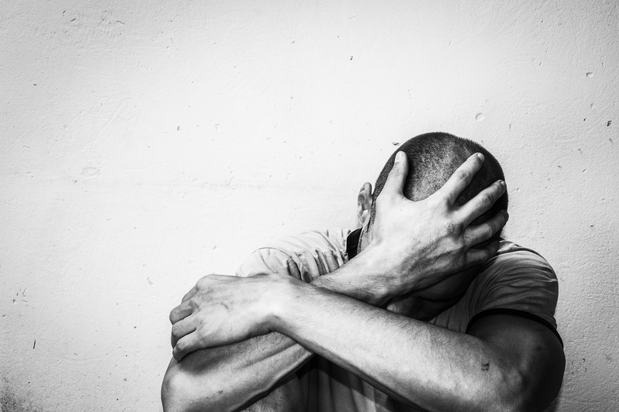For the first time in American history, the chances of dying from an opioid overdose have surpassed the odds of dying in a motor vehicle incident. The continuous trend of prescription opioid misuse—compounded by increased access to fentanyl-laced substances—places us in the middle of a ravaging epidemic that shows little signs of slowing down. But overdoses aren't the only causes of death when it comes to opioids.
Research is now examining the deadly link between opioid use and suicide. And just like the overdose statistics, these studies also shed light on a serious problem.
Opioids and Suicide
Both drug-related overdoses and suicide remain in the top 10 leading causes of preventable deaths in the United States.
However, health researchers now understand that people struggling with opioid addiction face a significantly higher risk for suicide compared to the general population. In fact, the CDC has reported that in 2017 opioid use contributed to over 40 percent of all suicide and overdose deaths in the United States.
When combined, suicide and drug overdoses killed Americans at twice the rate in 2017 than in 2000, jumping from 41,000 to 111,000.
Unfortunately, these statistics are not surprising. Opioid addiction is a devastating, complex, and frustrating disease. Many opioid addicts face a challenging road towards recovery, and the perils of relapse can be debilitating.
Opioids can also cause significant problems related to one's psychosocial well-being. These issues include:
- Employment and finances
- Family and prosocial relationships
- Crime and legal concerns
- Homelessness
- Medical diagnoses and exacerbated medical symptoms
- Profound self-loathing, shame, and insecurity
Any combination of these issues can trigger intense feelings of despair and hopelessness. These feelings may, therefore, increase suicidal thoughts and behavior.
Understanding Co-Occurring Disorders
Many people struggling with opioid addiction also struggle with other mental health conditions, such as depression or anxiety. However, even when seeking treatment, many of these individuals do not receive the support they need for managing their mental health symptoms.
Substance use can, of course, complicate mental health illnesses. Individuals may find themselves feeling more depressed, agitated, or hopeless. They may feel alone in their struggles, and they might start isolating from loved ones. This path can lead to dangerous, suicidal behavior.
Even recovery from opioids can complicate mental health illnesses. Since drugs impact how the brain perceives emotions and pleasure, it can take time to repair those neural pathways. Thus, even when sober, many people find themselves struggling with self-control and self-esteem.
Moving Forward
Both epidemics represent a severe problem in today's society. Moreover, both epidemics tend to be highly stigmatized, which creates more challenges for making a substantial change.
To start, it is essential to provide quality screening for all individuals struggling with an addiction. Many treatment centers assess, screen, and monitor for suicidal thoughts, plans, or past attempts. Regardless of a client's level of care, it is imperative that all facilities continue with these evaluations.
Treatment facilities also need to foster a safe and supportive environment that encourages clients to openly express how they feel. Any shaming or 'punishing' for suicidal thoughts will only promote shame and secrecy. Treatment facilities also need to work with clients to create safety plans for managing immediate distress.
Finally, it is essential that all individuals—whether actively sober or not—find a sense of community and companionship. Knowing that you are not alone (even when you feel alone) can be a changing force in both thoughts and behavior.
If you or someone you know is struggling with addiction, explore our directory of opioid rehab facilities or call 800-891-8171 to speak with a treatment specialist.








